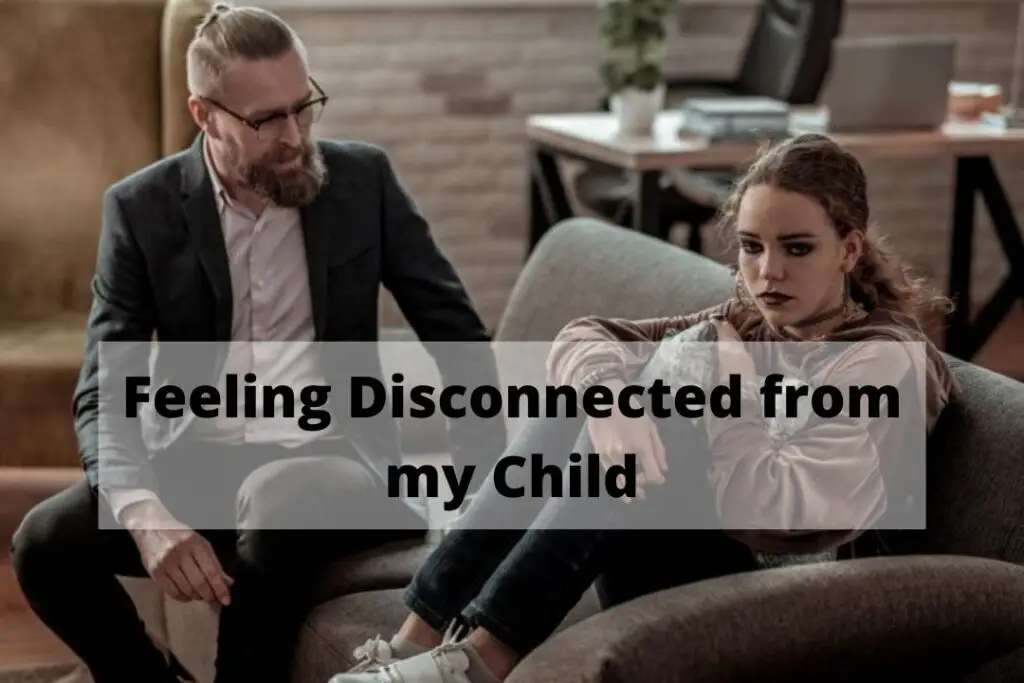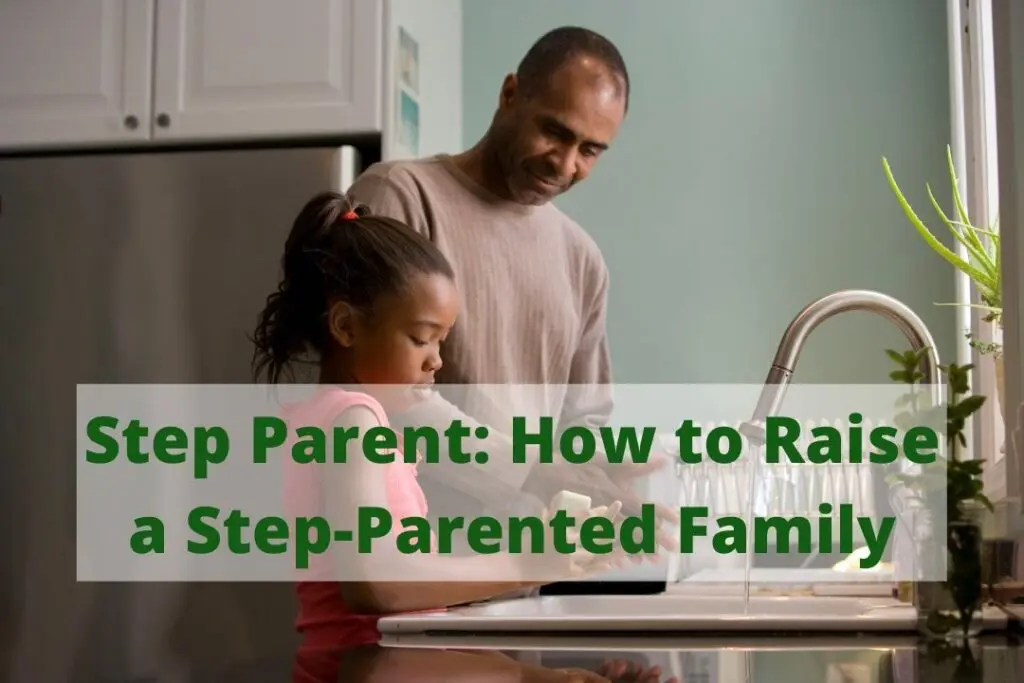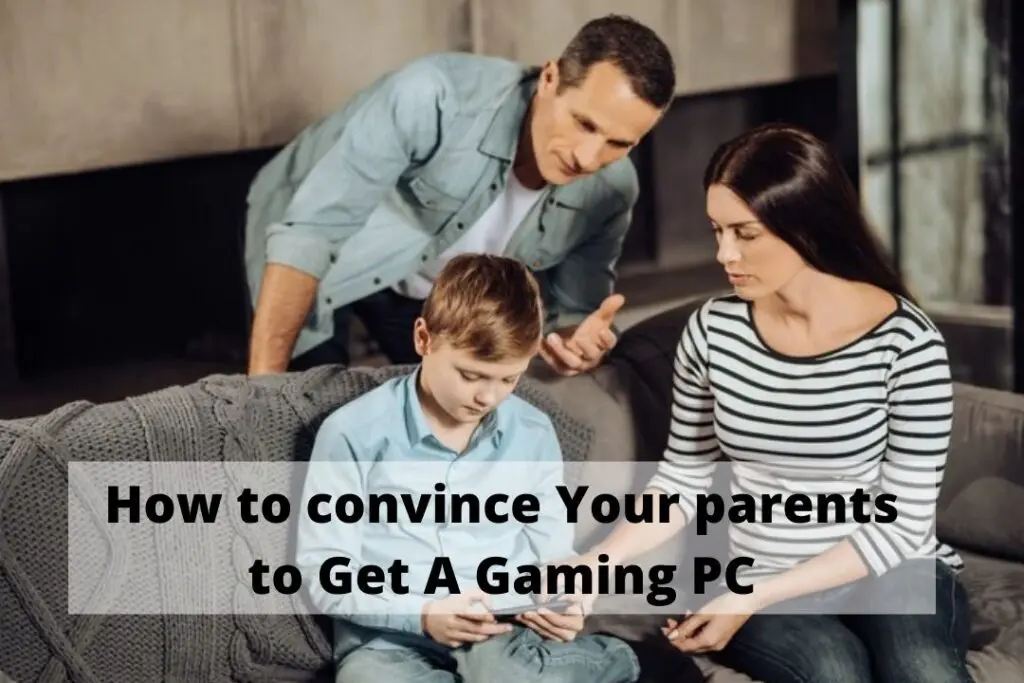I have facing problem when feeling disconnected from my child. It’s not a big or small problem. Here we discuss 16 things to consider when feeling disconnected from my child.
As a result of our families and our culture, we all have different ideas about what ties and links us to our children. Perhaps in an attempt to make up for our lack of presence, we’d load our house with toys. We may believe that putting their needs ahead of our own is the only ethical course of action, and that anything less would be considered self-centered.
These presumptions might be unintentional. Most of the time, we aren’t even aware that we have them.
After all, we know from experience that material things aren’t the best way to build a strong, loving bond between two people. Most nights after 8 p.m., we find ourselves returning home with a new item to delight our child (and to ease the guilt of what we think is a terrible offense: missing time).
We realise that depleting ourselves is counterproductive. However, we feel compelled to sacrifice, feeling that martyrdom is an essential part of being a good parent from the inside out.
1. Let your child know that they are special and important to you.
One of the best things you can do to help your child feel connected is to tell them how special and important they are to you. Let them know that you love them, and that no matter what happens, you will always be there for them.
This type of reassurance can help your child feel secure and loved, which can in turn help them to feel more connected to you.
If you are feeling disconnected from your child, try some of the tips in this article to help reconnect with them. Remember that it takes time and effort, but it is definitely worth it! Your child needs and loves you, so don’t give up on them.
Reconnecting with your child can be one of the most rewarding things you’ll ever do.
2. Encourage your child’s interests and passions.
Another way to help your child feel more connected to you is to encourage their interests and passions. Find out what things they are interested in, and support those interests. If your child loves soccer, for example, go to their games and cheer them on. Show an interest in what they love, and they will likely be more drawn to you.
It’s important to let your child know that you support them, no matter what. Letting them know that you love and support them is one of the best things you can do to help them feel connected to you. So encourage your child’s interests and passions, and let them know how much you love and appreciate them!
3. Try not to compare your child to others.
One of the worst things you can do to your child is compare them to others. This can make your child feel insecure and not good enough, which will only lead to further disconnection. Every child is unique and special in their own way, so don’t compare them to others. Let them be who they are, and love them for it.
Comparing your child to others can also lead to jealousy and envy on the part of your child. So try not to do it, and let your child know that they are special and important in their own way. They will appreciate it, and it may help to strengthen your relationship with them.
4. Let your child know that you love them.
The most important thing you can do to help your child feel connected to you is to tell them that you love them. Show them through your actions that you love them, and they will likely start to feel more connected to you. feeling disconnected from my child.
Re-connecting with your child can be a daunting task, but it is definitely worth it. With time and effort, you can help your child feel connected to you once again. So don’t give up, and keep trying! Your child needs and loves you, so don’t let anything come between you.
5. Be there for your child when they need you.
Another way to help your child feel connected to you is to be there for them when they need you. If they are feeling sad, upset, or angry, be there to listen to them. Let them know that they can come to you with anything, and that you will always be there for them.
Being there for your child when they need you shows them that you care about them and that they are important to you. It also helps strengthen the bond between you and your child, which can lead to a more connected relationship. So be there for your child when they need you, and let them know how much you love and appreciate them!
6. Keep the lines of communication open.
One of the best ways to help your child feel connected to you is to keep the lines of communication open. Talk to your child about what’s going on in their lives, and ask them about their day-to-day activities.
This will help you stay informed about what’s going on in their lives, and it will also let them know that they can come to you with anything.
Keeping the lines of communication open is also a great way to build trust between you and your child. So make sure to talk to your child often, and let them know that they can come to you with anything!
7. Spend time with your child.
The best way to connect with your child is simply to spend time with them. Go out for walks, play games, or just have conversations. Spending time with your child allows you to get to know them better, and it also helps them feel connected to you.
So make sure to spend time with your child often! This is the best way to connect with them and help them feel loved and supported.
8. Encourage your child’s interests and passions.
Another way to help your child feel more connected to you is to encourage their interests and passions. Find out what things they are interested in, and support those interests. If your child loves soccer, for example, go to their games and cheer them on. Show an interest in what they love, and they will likely be more drawn to you.
It’s important to let your child know that you support them and their interests. This will help them feel more connected to you, and it will also make them feel more confident in themselves. So encourage your child’s interests and passions, and let them know how much you love and appreciate them!
9. Be understanding and patient.
Last but not least, be understanding and patient with your child. They may not be able to connect with you right away, or they may take some time to open up. Be understanding of this, and give your child the space they need to connect with you on their own terms.
Patience is key when it comes to connecting with your child. So be patient, and let them take things at their own pace. In time, they will likely start to feel more connected to you.
10. Spend time with your child, and create meaningful connections.
It’s important to remember that feeling disconnected from your child is common, and it’s something that can be fixed. By spending time with your child, and creating meaningful connections, you can help them feel more connected to you. So don’t give up, and keep trying! Your child needs and loves you, so don’t let anything come between you.
11. Set the behaviors aside for a bit and think about the feeling that is coming up for you in this moment.
It is possible to detach from your child in order to not feel the hurt, anger, or disappointment. It’s very common for parents to feel overwhelmed and disconnected from their children. Especially when there are behavioral issues at hand.
When we set aside the behaviors and try to focus on the feeling that we are experiencing, it can be easier to connect with our child.
If you find yourself feeling overwhelmed, try to have a conversation with your child. Ask them about their day, what they are interested in, and just spend time with them. This will help you feel more connected to them, and it will help them feel more connected to you. Parenting can be difficult, but it’s worth it!
12. Parenting can be difficult, but it’s worth it!
It’s important to remember that feeling disconnected from your child is common, and it’s something that can be fixed. By spending time with your child, and creating meaningful connections, you can help them feel more connected to you. So don’t give up, and keep trying! Your child needs and loves you, so don’t let anything come between you.
13. Make room for the feelings.
When we detach from our child in order to not feel the hurt, anger, or disappointment, it can be difficult to reconnect with them. This is because we have pushed those feelings away in order to not feel them. In order to reconnect with our child, we need to make room for the feelings.
This means that we need to be aware of how we are feeling, and we need to be willing to feel those feelings. We also need to be patient with ourselves, and give ourselves time to heal. It’s going to take time and effort, but it’s worth it!
So if you find yourself feeling disconnected from your child, try some of these tips! And remember, always seek help if you are feeling overwhelmed
14. Connecting with your child by helping them help others can be beneficial for both of you.
According to Grover, “small children don’t have a sense of much beyond their world. It’s up to the parents to help them understand that they can help others and make a difference in the world.”
This is an important thing for parents to keep in mind. Connecting with your child by helping them help others can be beneficial for both of you. It can help your child feel more connected to you, and it can also help them learn about how they can make a difference in the world.
So if you’re feeling disconnected from your child, try connecting with them through service! It’s a great way to connect, and it’s also a great way to teach your child
15. Children need a lot of emotional connection from their parents or caregivers in order to feel safe and secure.
According to Grover, “small children don’t have a sense of much beyond their world. It’s up to the parents to help them understand that they can help others and make a difference in the world.”
This is an important thing for parents to keep in mind. Children need a lot of emotional connection from their parents or caregivers in order to feel safe and secure. By providing this emotional connection, you are helping your child to feel safe and secure. And by feeling safe and secure, they will be more likely to open up and connect with you.
So if you’re feeling disconnected from your child, try providing more emotional connection. You may be surprised at how much it helps!
16. Traumatic experiences such as childhood abuse or neglect can lead to emotional detachment.
Sometimes, emotional detachment may be the result of traumatic events, such as childhood abuse or neglect. Children who are abused or neglected may develop emotional detachment as a means of survival. By detaching themselves from their emotions, they can protect themselves from the pain of the abuse or neglect.
If you find yourself feeling disconnected from your child, it’s important to seek help. You may need to seek counseling in order to deal with the trauma that has caused the detachment. It’s not going to be easy, but it’s worth it! Your child needs and loves you, so don’t let anything come between you.





Pingback: When Does Parenting Get Less Exhausting 10 Tips To Deal With Burnout
Pingback: How to Co Parenting with Someone Who Hurt you 30 Tips for Parents
Pingback: When is baby too big for the bassinet | Baby Bassinet Four Month Age